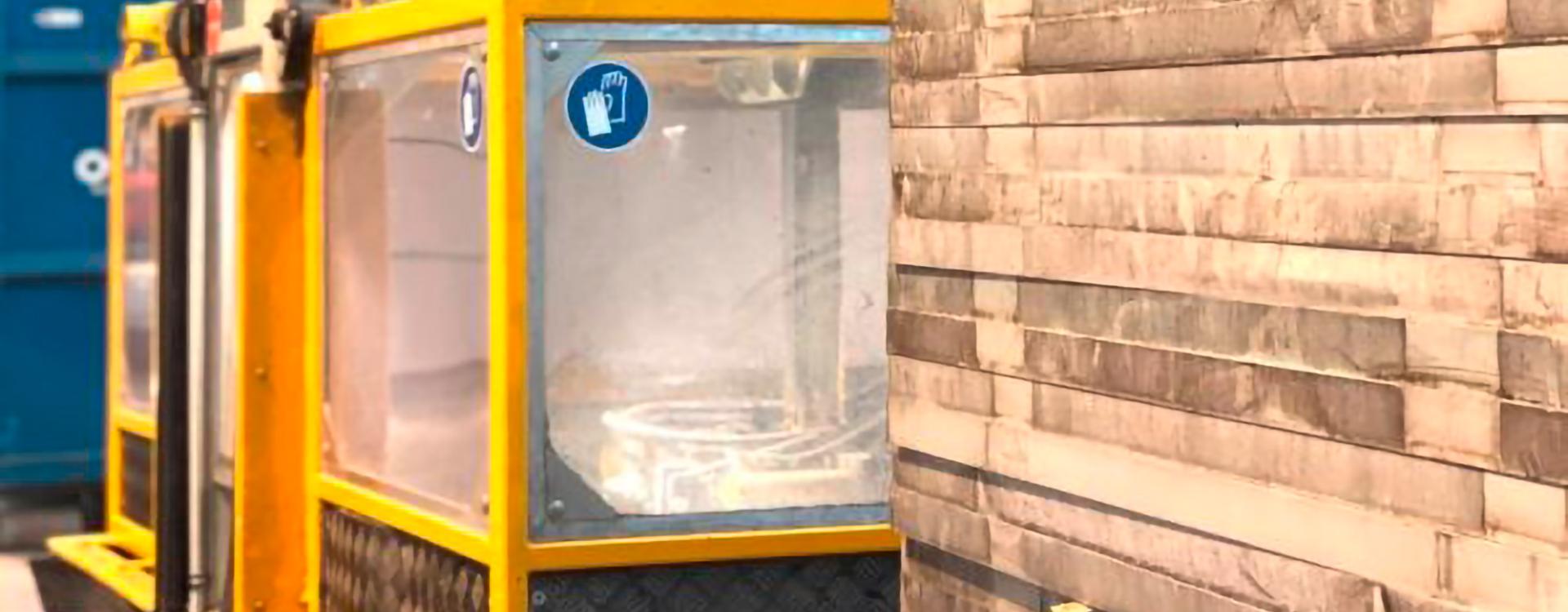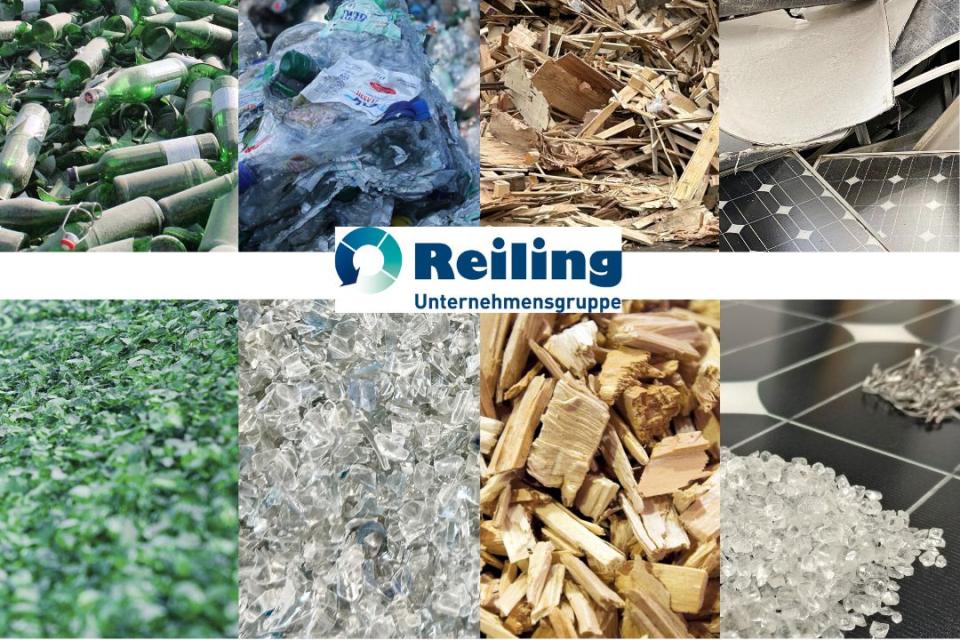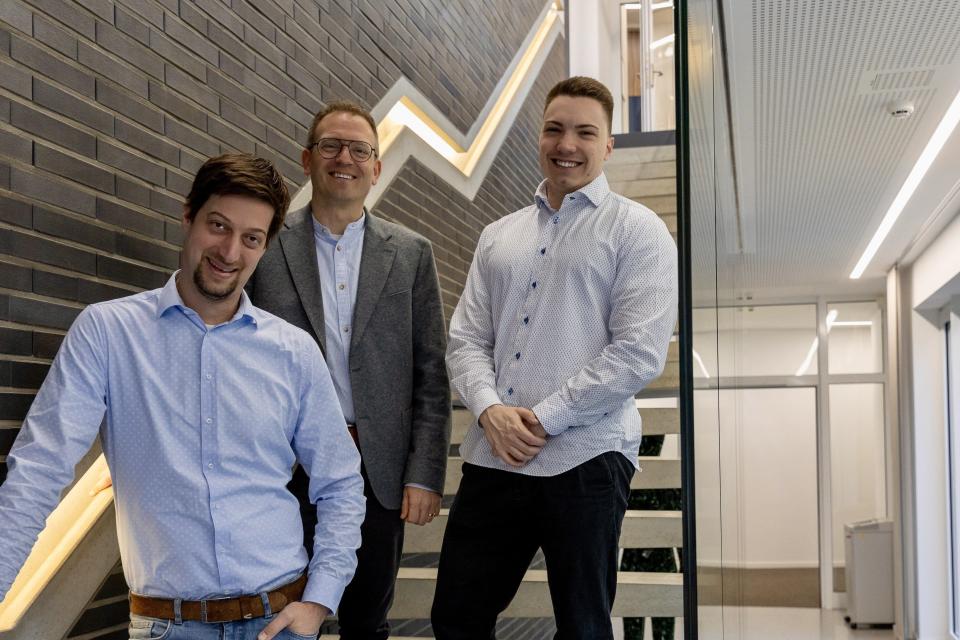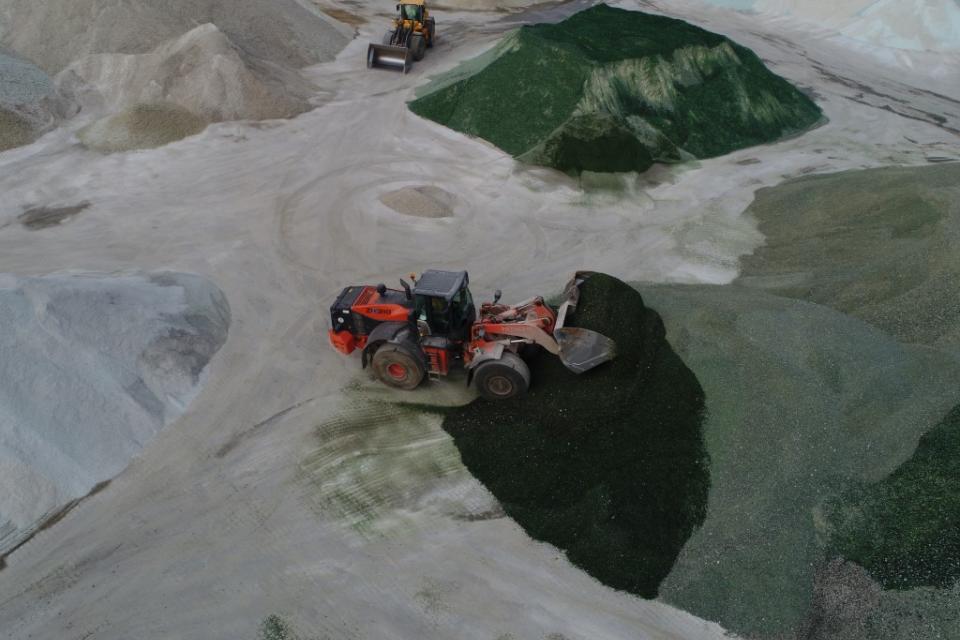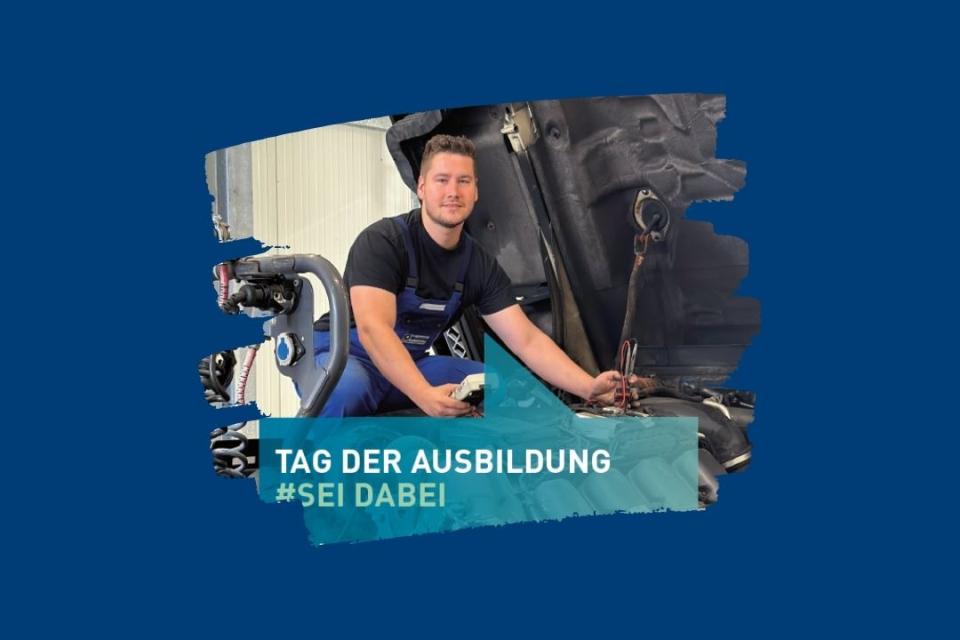The Reiling Group, one of the largest recycling specialists in Germany, has been collecting recyclable materials for many decades, freeing them from impurities in state-of-the-art processing plants and handing them over to industry as a secondary raw material for the manufacture of new products.
A new recycling challenge for the company is the steadily increasing return of disused photovoltaic modules. Photovoltaic modules are expected to have a lifespan of 20 - 30 years, so that a high volume of waste can be expected at the latest at the end of this lifespan in the next few years. Since this type of electricity generation has the highest growth rates among renewable energies, the number of discarded photovoltaic modules will increase. Projections for Germany have shown that a disposal volume of 4.3 million tonnes can be expected by 2050.
As a responsible recycling company, the aim is to find a sustainable recycling solution in order to return the composite material and the materials it contains, such as glass and aluminium, to the material cycles in a resource-conserving and efficient manner. To this end, the Reiling Group has developed a three-stage recycling process with a high level of commitment and expertise. Today, Reiling is able to accept and process all types of silicon-based photovoltaic modules and produce high-quality secondary raw materials from them.
The Reiling Group is certified in accordance with the ElektroG at several company-owned sites. Here, end-of-life photovoltaic modules are subjected to certified initial treatment. This process includes the sorting of modules that are still functional and the separation of recyclable materials. The aim of this first process step is to separate recyclable materials such as foil or metals from the glass-foil composite of the photovoltaic module in the first step in order to recover secondary raw materials of the highest quality.
The subsequent second process step involves breaking up the glass-foil composite in order to achieve the most complete possible disintegration of glass, foil and other components.
Finally, the broken composite of the above-mentioned materials is separated and sorted using state-of-the-art processing technology. The processing plant, which is normally designed for flat glass recycling, is specially adapted and optimised for the processing of photovoltaics. The aim is to meet the high quality requirements of the recovered secondary raw materials in order to ensure that they can be returned to high-quality applications and to sustainably close the recycling loops.
Due to the continuous further development of the recycling processes and technologies used, as well as the active participation in research projects, Reiling will continue to be a strong and reliable partner for its customers and buyers in the future.
For more information about the business field "Photovoltaic Recycling", please visit the website or watch the Reiling film "Recycling of discarded photovoltaic modules".
